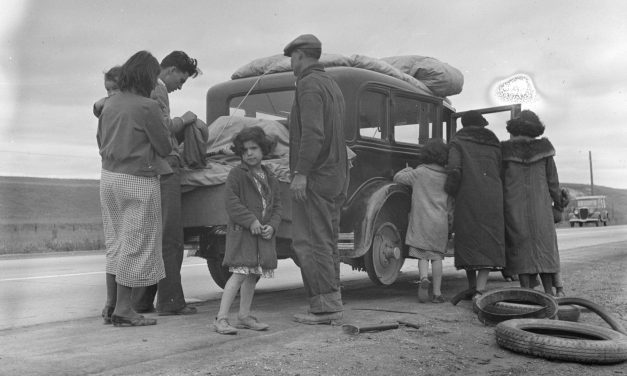June 4 anniversary: Why private hackers are an essential tool for China to suppress online activists
By Christopher K. Tong, Associate Professor of Asian Studies, University of Maryland, Baltimore County Every year ahead of the June 4 commemoration of the Tiananmen Square massacre, the Chinese government tightens online censorship to suppress domestic discussion of the event. Critics, dissidents and international groups anticipate an uptick in cyber activity ranging from emails with malicious links to network attacks in the days and weeks leading up to the anniversary. Much of this cyber activity by Beijing is done covertly. But a recent restructuring of China’s cyberforce and a document leak exposing the activities of Chinese tech firm i-Soon...
Read More















